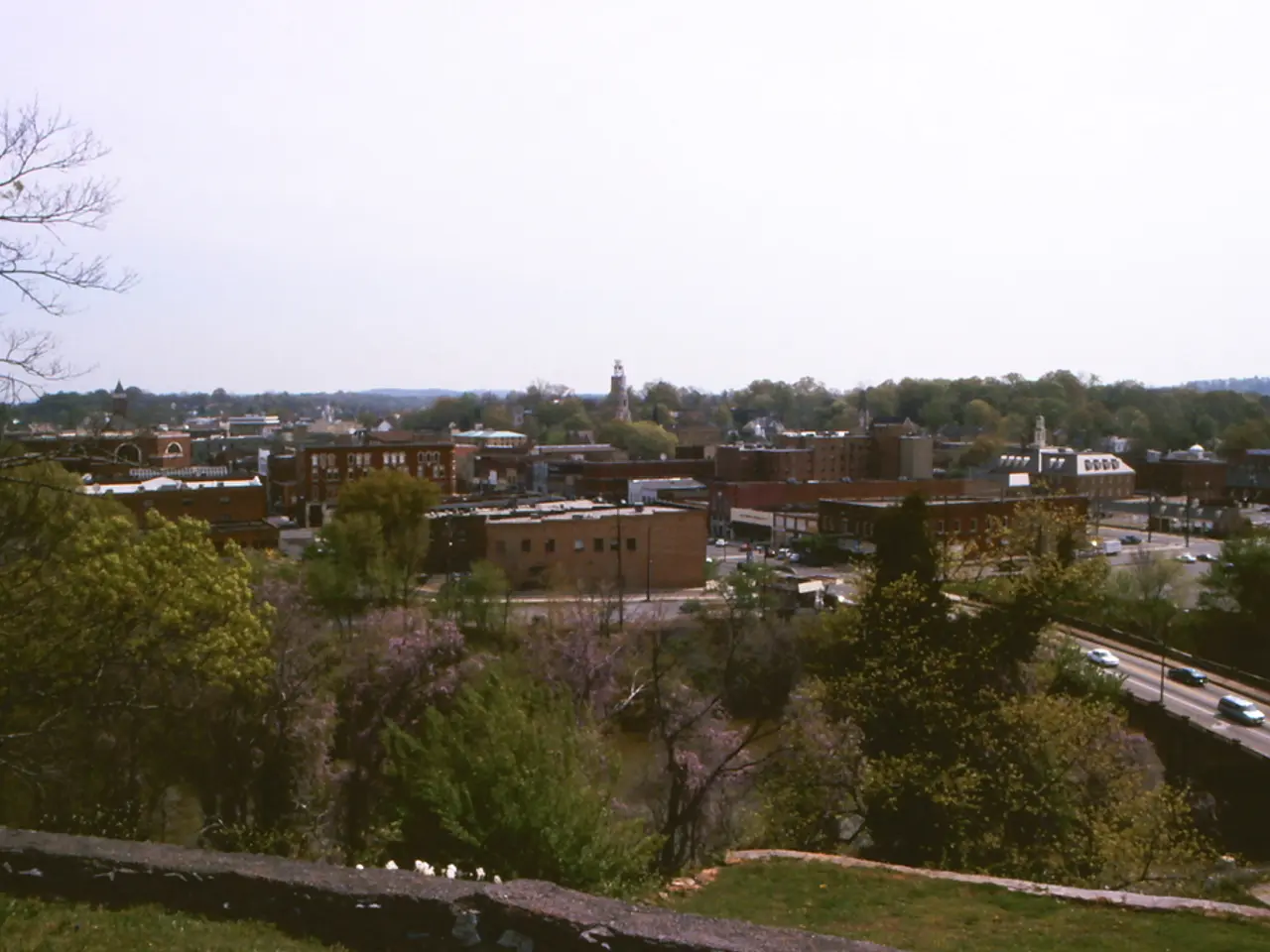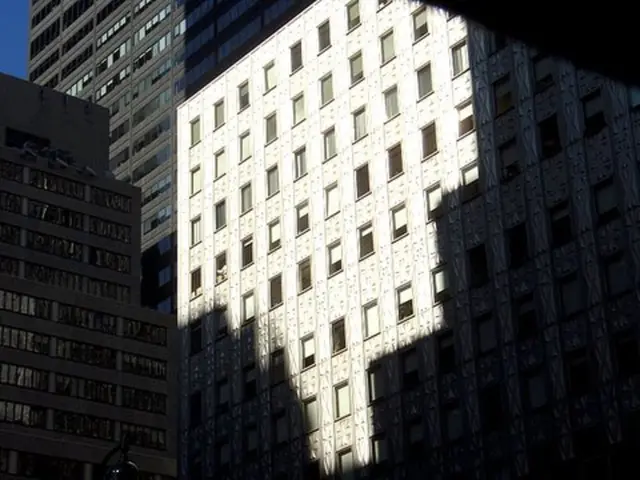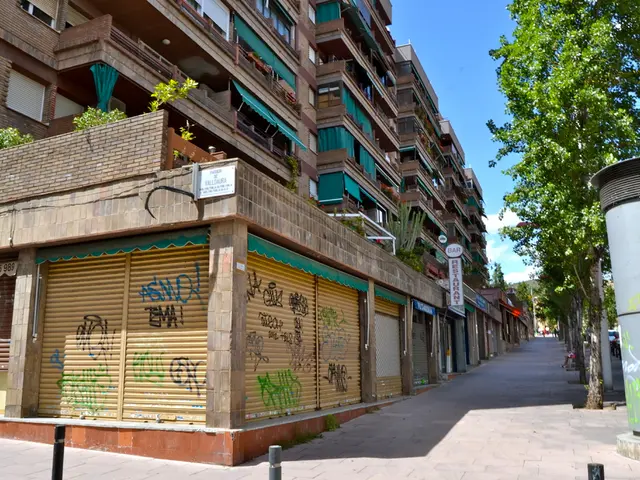Urban Oasis Free from Exhaustion: Time Replacing Financial Value
In the heart of Georgia, Tbilisi is at a pivotal moment, seeking to redefine its urban landscape. The city, known for its unique challenges and opportunities, is poised to transition towards a model that values time, sustainability, and resilience.
The COVID-19 pandemic has accelerated this evolution, exposing the vulnerabilities of traditional city layouts. The 15-minute city concept, central to this transformation, promises to make essential services accessible within 15 minutes on foot or by bicycle. This model responds directly to the insights gained during the pandemic, proposing a model that increases urban resilience and supports well-being.
The 15-minute city is a response to decades of urban sprawl and car-centric city planning that dominated the 20th century. It aims to counter trends of congestion, pollution, social isolation, and long daily commutes. The concept is tailored to human scale, creating neighborhoods where residents can work, shop, learn, and relax without relying on cars.
The superblock concept, pioneered by Barcelona, is also being embraced in Tbilisi. This approach turns public space into a garden, prioritising pedestrians, and categorising streets so that cars can enter but never dominate. The result is a park-like atmosphere that enhances urban livability. Nikoloz Lekveishvili and his team have adapted the superblock model for three Tbilisi neighborhoods, with international funding support.
Cities like Oslo, Norway, and Milan, Italy, have also adopted similar low-traffic neighborhood concepts, showcasing benefits such as lower pollution, enhanced safety, and better urban livability. Barcelona itself has seen reduced traffic, improved air quality, and increased public space for pedestrians and cyclists after implementing the superblock approach.
Tbilisi, however, faces severe traffic congestion during peak hours and overcrowded public transport. About 60% of trips within a 2 km radius are still made by car, indicating inadequate infrastructure. To address this, the city has started to invest in eco-friendly buses, expand dedicated bus and bicycle lanes, and adopt AI-powered traffic management systems.
The benefits of such urban design are numerous. Reduced pollution and carbon emissions, decreased commute costs, increased physical activity, fostered community interaction, and reclaimed hours lost to commuting are just a few. These changes not only improve the quality of life for residents but also contribute to the city's sustainability and resilience.
In the 21st century, city competition has shifted from skyscrapers or shopping malls to time efficiency. The 15-minute city paradigm aims to reclaim time for quality of life, social interaction, and well-being. As Tbilisi stands at a crossroads, with deliberate policies and community engagement, it can transition towards a model that truly values the most precious currency in contemporary cities - time.
Read also:
- Inequalities in colorectal cancer among racial groups: Insights and actions for support
- Liver Cancer Treatment Method: Insights into Function, Potential Sidelines, Efficiency
- Medical professionals at St. Remigius Hospital's rear facilities in Alexian
- Boron's Impact on Bone Health and its Connection with Bey (Title omitted)








